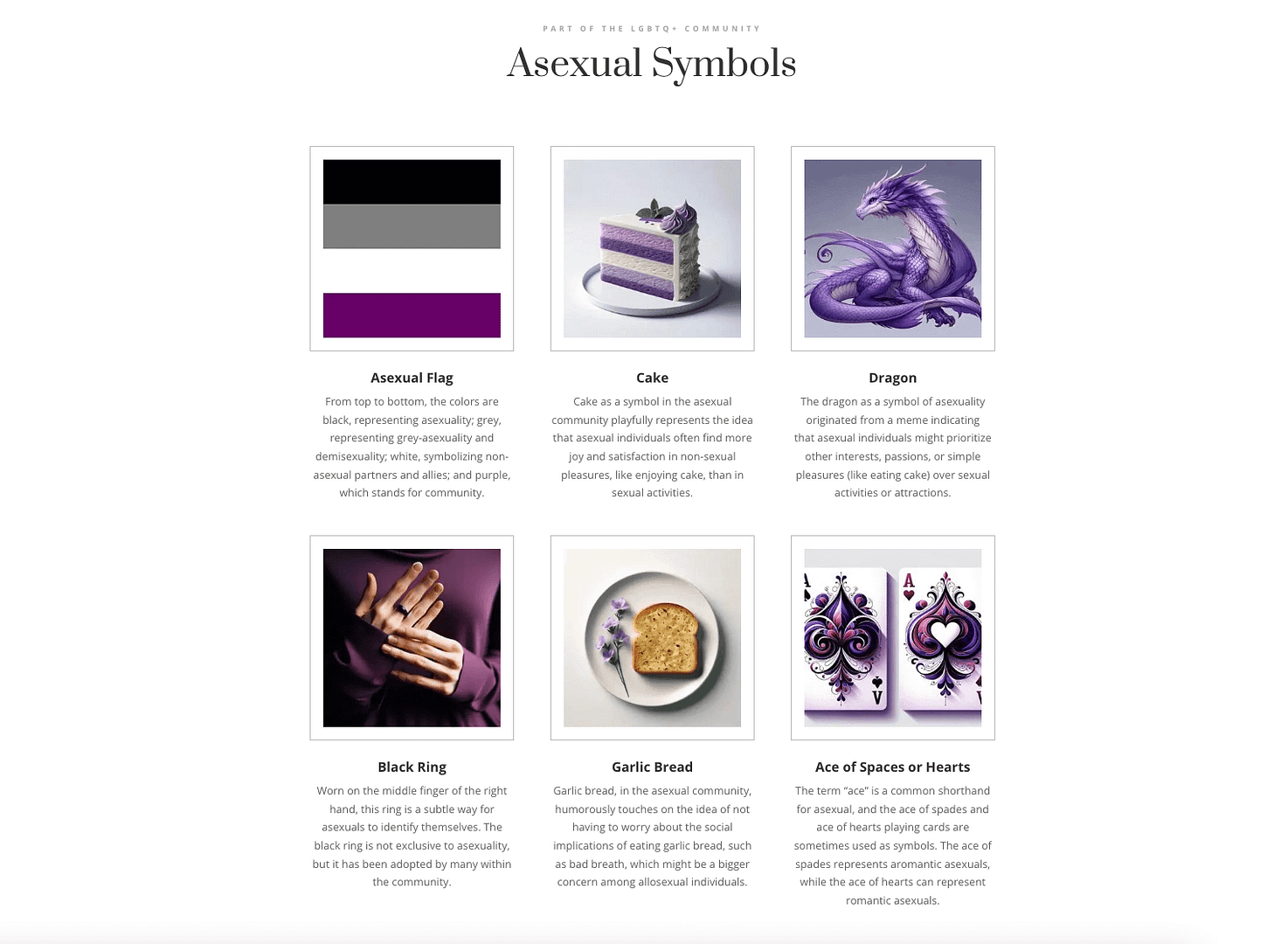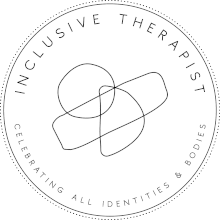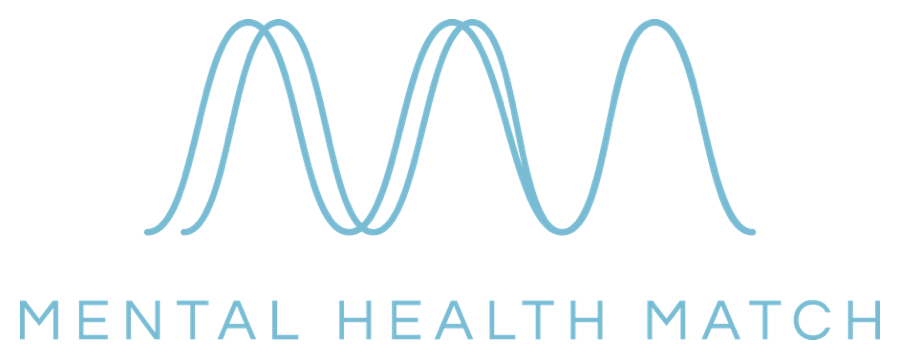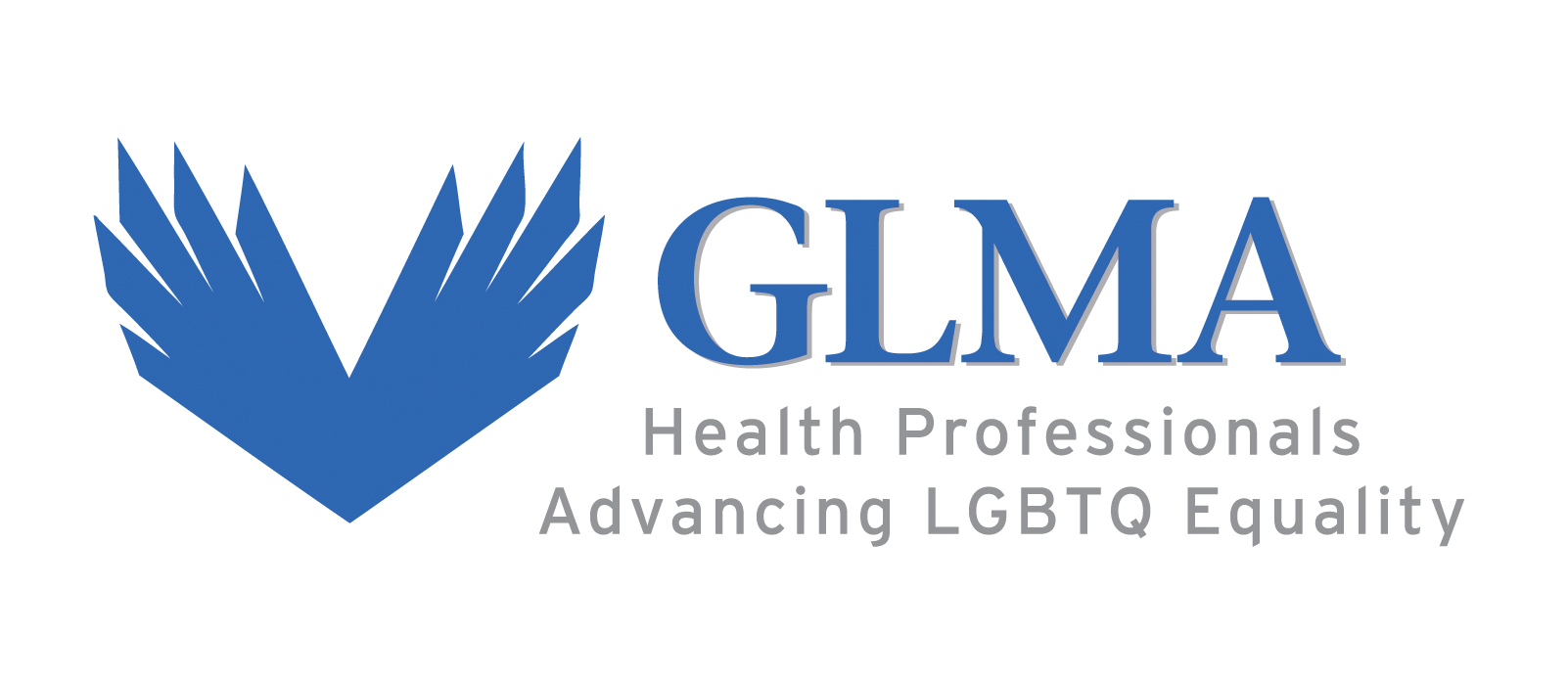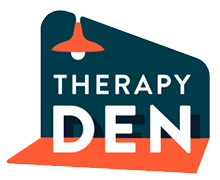Finding an Asexual-Affirming Therapist
Find an asexual-affirming therapist who can understand the world from your perspective.
Request a Free 15-Minute Consultation
* By clicking Submit, you permit us to contact you by email, phone, or text. Don’t worry – we won’t send you junk. It’s just to schedule a consultation and see if we can help you!
Beyond the Basics
Not Every Therapist is Trained in Asexuality
Why Find an Asexual-Affirming Therapist?
Most therapists know very little about asexuality. It’s a specialty area that requires additional training.
How Therapists Can Help Aces
Explore your asexuality, build a positive identity, navigate relationship issues, and more.
Questions to Ask a Potential Therapist
Ask your potential therapist these questions to see if you are a good fit.
What If I can't Find A Therapist?
Finding an asexually-affirming therapist can be hard. We have some suggestions.
Sage Finch Counseling
How to Find the Right Therapist
(for Aces and their partners)
Why Find an Asexuality-Affirming Therapist?
LGBTQ-informed therapy is a specialty that requires additional training. Not every therapist is qualified to work with the LGBTQ+ population. While any therapist should be able to put their values and experiences aside and view the world from your perspective, there are benefits to seeking a therapist who understands asexuality and how it impacts your life. Most therapists know very little about asexuality, and many have been trained to pathologize the lack of sexual attraction (or interest). They sometimes view sexuality as a biological need, which may influence how they approach asexuality. Therapists who are not knowledgeable about asexuality can do more harm than good. You do not need to be fixed – you need an asexual-informed therapist who is knowledgeable about the nuances of asexuality and the broad experiences of asexual people. If you live in Texas, we can help! Schedule an appointment, and let’s start this journey together.

What Asexual-Affirming Counselors Can Help With
An asexual-affirming therapist or counselor can help with issues related to asexuality and issues that are totally unrelated. Here are some ideas of what we can help with:
-
- Asexual identity exploration and where you might fall on the Ace spectrum.
-
- Challenges related to being asexual.
-
- The cultural impact of allosexuality (and heteronomativeity).
-
- Navigating romantic and sexual relationships with an allosexual partner.
-
- Addressing internalized stigma and shame.
-
- Debunking myths about asexuality.
-
- Implications of telling people about your sexual orientation.
-
- Addressing trauma, which may or may not impact asexuality.
-
- Exploring the intersection of asexuality and neurodiversity.
-
- Radical self-acceptance.
These can be difficult topics, but the journey of self-exploration and self-acceptance can also be beautiful and help you create a more comfortable, meaningful, and fulfilling life.
Questions to Ask
Not all LGBTQ-informed therapists are deeply knowledgeable about asexuality. Here are some questions to ask your potential therapist:“How do you understand and approach asexuality?”
“Have you worked with asexual people before? What does that look like?”
“What training have you had that qualifies you to work with the LGBTQ+ population and alternative relationship models?”
“What if I’m not sure if I’m asexual (and don’t identify as LGBTQ)?”
You could ask any number of questions, but these three should help you figure out if your potential therapist is knowledgeable about asexuality and the unique challenges that come with being Ace. If you live in Texas, we offer asexual (ace) affirming therapy.

What if I Can’t Find a Therapist Who Knows About Asexuality?
Only about 1.7% of the population is asexual, so finding a knowledgeable therapist can be difficult.
Ideally, you should search for a therapist who knows about asexuality and has worked with Aces before. However, this may be easier said than done – especially if you live in a rural area.
Your next best option is to find a therapist who is part of the LGBTQ community.
If that is difficult to find, look for someone trained in working with the LGBTQ+ population. Many therapists will list LGBTQ on their profile, but not everyone is actually trained in this area, and some struggle with putting their values aside (which could be quite harmful to you as the client).
We offer online therapy throughout Texas, and in-person therapy in Plano, Frisco, Allen, McKinney, and throughout Collin County.
Does Therapy Have to be About Asexuality?
Not at all! It’s common for people to seek therapy for one thing, but as time goes on, they start to address other issues in their life.
Your challenges may have nothing to do with asexuality. Maybe you just want a therapist who “gets you” without you having to explain or justify your asexuality.
So, bring your problems and challenges. Let’s work on them together and get you to a better place.

You Might Also Enjoy
These are some of our most popular pages about Asexuality.
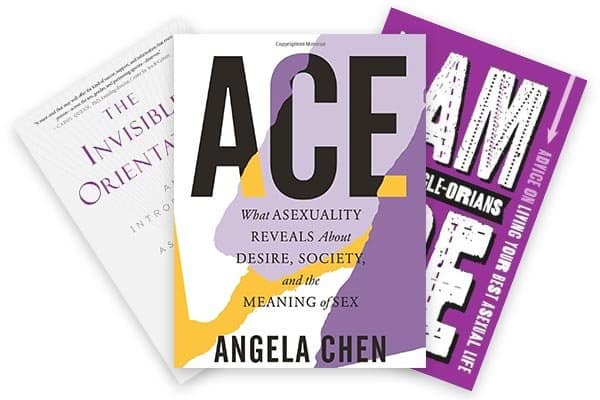
Resources
Learn more about asexuality and connect with others with community resources, videos, books, and articles.
Finding an Ace-Affirming Therapist
An asexual-affirming (and informed) therapist can help you navigate life an relationship challenges.

Mixed Orientation Relationships
Mixed orientation relatiionships, where one partner is asexual and the other is allosexual, can be difficult to navigate.
Invisible Orientation
Learn more about Asexuality, including demographics, symbols, definitions, the split model of attraction, and more.
COLLIN COUNTY TEXAS
Take the First Step
Frisco LGBTQ+ therapy: Your safe space for healing and growth in Frisco, Texas.
We see clients in-person and online from our Plano, Texas office. Most of our clients come from Collin County and surrounding areas:
|
|
Request a Free 15-Minute Consultation
* By clicking Submit, you permit us to contact you by email, phone, or text. Don’t worry – we won’t send you junk. It’s just to schedule a consultation and see if we can help you!

